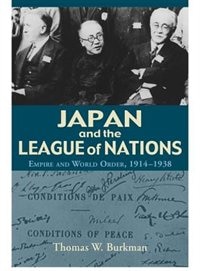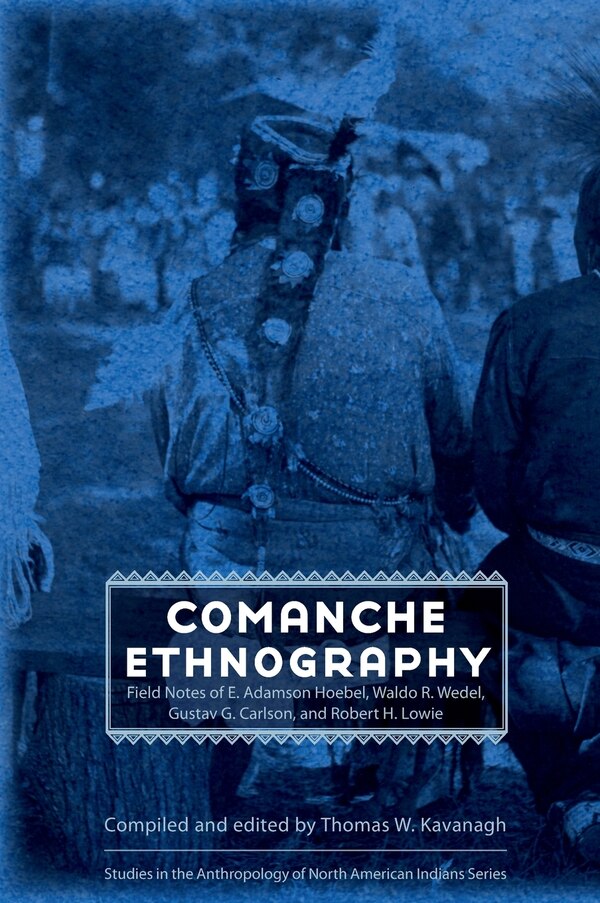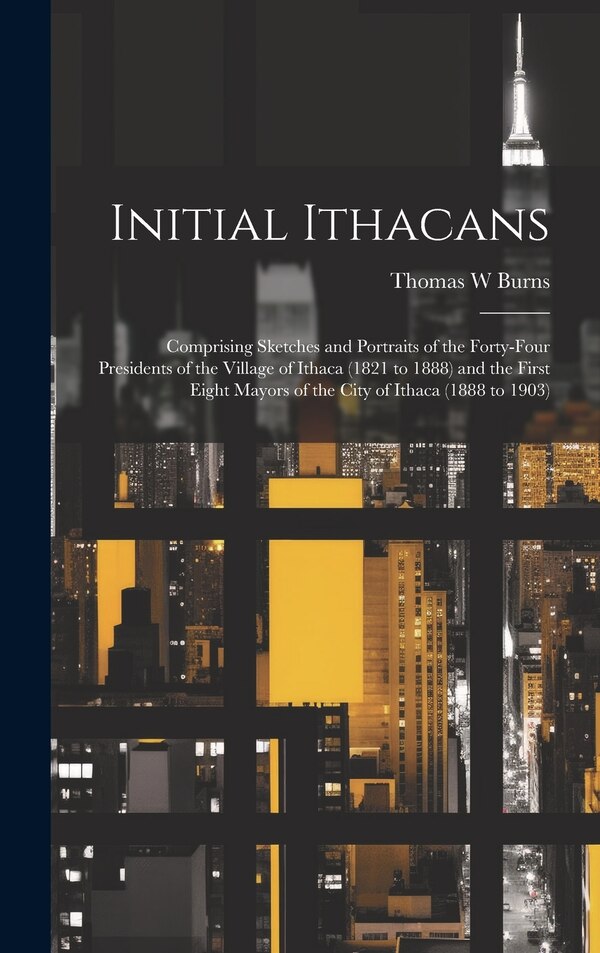Home
Japan And The League Of Nations by Thomas W. Burkman, Hardcover | Indigo Chapters
Loading Inventory...
Indigo
Japan And The League Of Nations by Thomas W. Burkman, Hardcover | Indigo Chapters
From Thomas W. Burkman
Current price: $75.00


Indigo
Japan And The League Of Nations by Thomas W. Burkman, Hardcover | Indigo Chapters
From Thomas W. Burkman
Current price: $75.00
Loading Inventory...
Size: 1.2 x 9.1 x 640
*Product information may vary - to confirm product availability, pricing, shipping and return information please contact Indigo
Japan joined the League of Nations in 1920 as a charter member and one of four permanent members of the League Council. Until conflict arose between Japan and the organization over the 1931 Manchurian Incident, the League was a centerpiece of Japan’s policy to maintain accommodation with the Western powers. The picture of Japan as a positive contributor to international comity, however, is not the conventional view of the country in the early and mid-twentieth century. Rather, this period is usually depicted in Japan and abroad as a history of incremental imperialism and intensifying militarism, culminating in war in China and the Pacific. Even the empire’s interface with the League of Nations is typically addressed only at nodes of confrontation: the 1919 debates over racial equality as the Covenant was drafted and the 1931–1933 League challenge to Japan’s seizure of northeast China. This volume fills in the space before, between, and after these nodes and gives the League relationship the legitimate place it deserves in Japanese international history of the 1920s and 1930s. It also argues that the Japanese cooperative international stance in the decades since the Pacific War bears noteworthy continuity with the mainstream international accommodationism of the League years. Thomas Burkman sheds new light on the meaning and content of internationalism in an era typically seen as a showcase for diplomatic autonomy and isolation. Well into the 1930s, the vestiges of international accommodationism among diplomats and intellectuals are clearly evident. The League project ushered those it affected into world citizenship and inspired them to build bridges across boundaries and cultures. Burkman’s cogent analysis of Japan’s international role is enhanced and enlivened by his descriptions of the personalities and initiatives of Makino Nobuaki, Ishii Kikujirô, Nitobe Inazô, Matsuoka Yôsuke, and others in their Geneva roles. | Japan And The League Of Nations by Thomas W. Burkman, Hardcover | Indigo Chapters

















